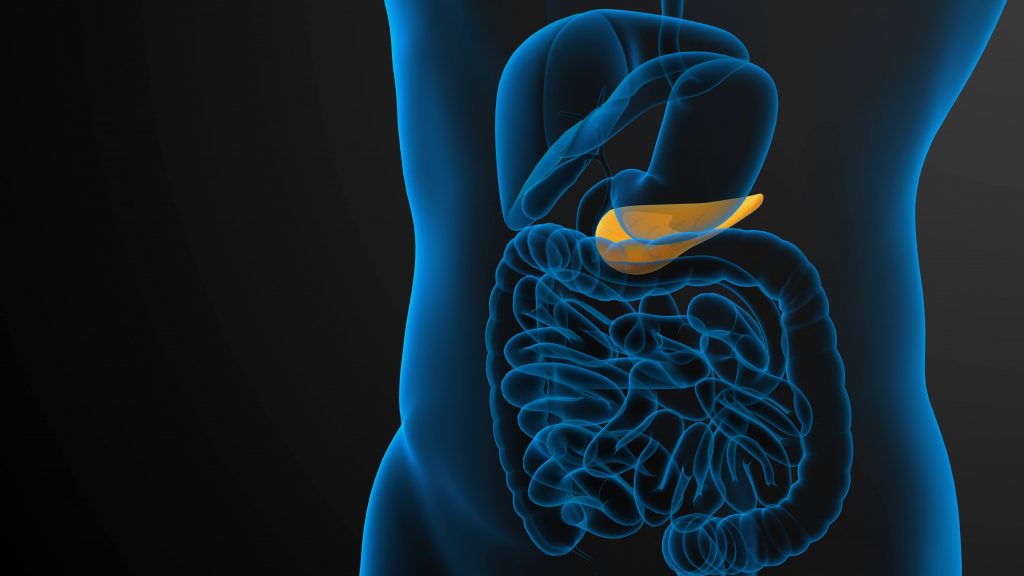-
Mayo Clinic Q&A podcast: How a pancreas transplant can cure diabetes

Diabetes is a chronic condition that impairs the body's ability to regulate blood sugar due to inadequate insulin production. Producing insulin is a function of the pancreas — a long, flat gland that sits behind the stomach in the upper abdomen.
People with diabetes can experience significant complications from the disease, including heart disease, chronic kidney disease, nerve damage and vision loss. While advances have been made in diabetes treatments, many people with diabetes struggle with the disease.
"Diabetes is an abnormality in consuming or metabolizing blood glucose," says Dr. Tambi Jarmi, a Mayo Clinic nephrologist. "So diabetic patients have a hard time adjusting their blood sugar to the level that their cells needed. It could be a result of a deficiency in the production of the insulin that comes from the pancreas or it could be a result of resistance to that insulin."
To restore normal insulin production and improve blood sugar control, a pancreas transplant may be an option.
Most pancreas transplants are performed to treat Type 1 diabetes. A pancreas transplant can potentially cure this condition. But such a transplant is typically reserved for those with serious complications of diabetes because side effects can be significant.
In some cases, a pancreas transplant also can treat Type 2 diabetes. A pancreas transplant is often performed in conjunction with a kidney transplant in people whose kidneys have been damaged by diabetes.
"The idea of a pancreas transplant is to actually cure the diabetes," says Dr. Jarmi. "While treatment with a mechanical pump does a great job, it is not a cure. An organic pump, meaning a pancreas transplant, does cure diabetes."
Pancreas transplants are sourced from a deceased donor, and the organ to be transplanted must match the blood type of the recipient. With the replaced function of the pancreas and natural ability to produce insulin, Dr. Jarmi says patients no longer are diabetic.
On the Mayo Clinic Q&A podcast, Dr. Jarmi discusses pancreas transplant as a cure for diabetes.
Watch: Dr. Jarmi discuss pancreas transplant.
For the safety of its patients, staff and visitors, Mayo Clinic has strict masking policies in place. Anyone shown without a mask was either recorded prior to COVID-19 or recorded in a nonpatient care area where social distancing and other safety protocols were followed.
For more information and all your COVID-19 coverage, go to the Mayo Clinic News Network and mayoclinic.org.








